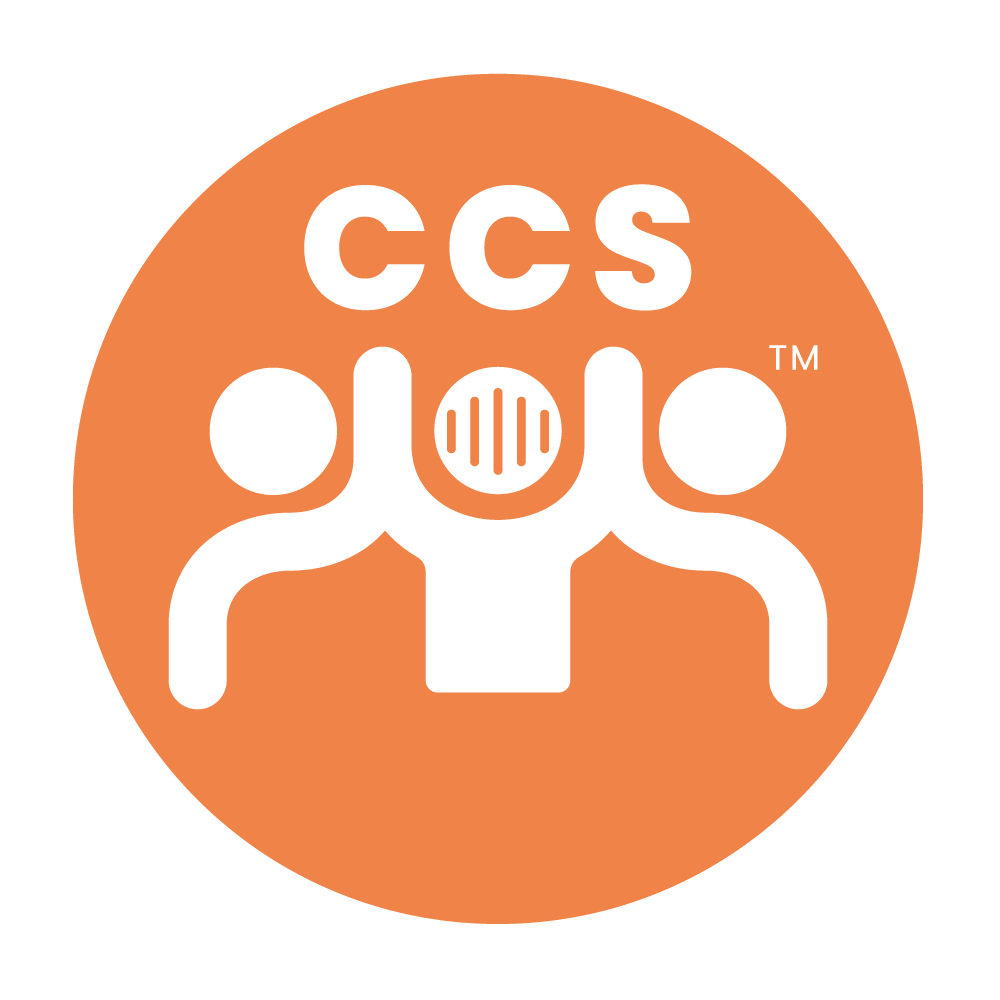Episode 3
S2E3 - Community engagement for release of modified mosquitoes
Featuring guest speakers Lee Ching Ng from the Environmental Health Institute in Singapore and Lina Finda from Ifakara Health Institute in Tanzania, this episode explores how communities perceive and respond to control approaches which involve modified mosquitoes. We discuss:
- Parallels and contrasts between Project Wolbachia in Singapore, a successful dengue control program, and exploratory research into perceptions of GM technologies in Tanzania for controlling malaria
- The importance of engaging with community concerns and being responsive to them, and of making information around these approaches inclusive, clear, and accessible
- Combining modified mosquito approaches with existing vector control tools (e.g., LLINs, IRS, source reduction) and how this has the potential to create public confusion
Dr Ng Lee Ching
Group Director, Environmental Health Institute National Environment Agency
Assoc Prof Ng Lee Ching is the Group Director of Environmental Health Institute (EHI), a national environmental health facility at the National Environment Agency in Singapore. She has spent more than 20 years building scientific capabilities for Singapore’s environmental public health, conducting research to understand disease risk and transmission, and developing tools and strategies for mitigation of risks.
She has co-authored around 200 scientific papers and book chapters, in the area of vector borne diseases, COVID-19, food borne diseases, anti-microbial resistance, indoor air quality etc.
She serves as an Adjunct Associate Professor at the Nanyang Technological University of Singapore. She is a regular temporary advisor to the WHO and the IAEA, and serves as the Director of the WHO Collaborating Centre for Reference and Research of Arbovirus and their Associated Vectors, in Singapore.
https://www.nea.gov.sg/corporate-functions/resources/research/environmental-health-institute
https://pubmed.ncbi.nlm.nih.gov/34831751/
https://www.medrxiv.org/content/10.1101/2021.06.16.21257922v1
https://www.nea.gov.sg/corporate-functions/resources/research/ehi-journal-publications
Dr. Lina Finda
Research Scientist, Ifakara Health Institute
I am a research scientist at Ifakara Health Institute in Tanzania, and a postodoctoral fellow at University of California – San Diego. At Ifakara I have been working on a number of projects to investigate the magnitude and drivers of malaria transmission, to understand the interactions between malaria vectors and humans and to develop alternative tools for malaria control.
I received my BSc in Biochemistry from Western Washington University (WA, USA) in 2010, in 2014 received a Masters of Public Health with dual concentrations in Maternal and Child Health and Health Education and Promotion, from Tulane School of Public Health and Tropical Medicine (LA, USA, and in September 2021 I completed my PhD from University of the Witwatersrand in Johannesburg, South Africa. My PhD research, based in Tanzania, focused on developing and testing effective stakeholder engagement models for novel technologies for malaria control. I am currently doing a postdoctoral fellowship at UC-San Diego, working on research to explore and respond to gaps in stakeholder engagement for gene drive technologies for disease-vector control.




